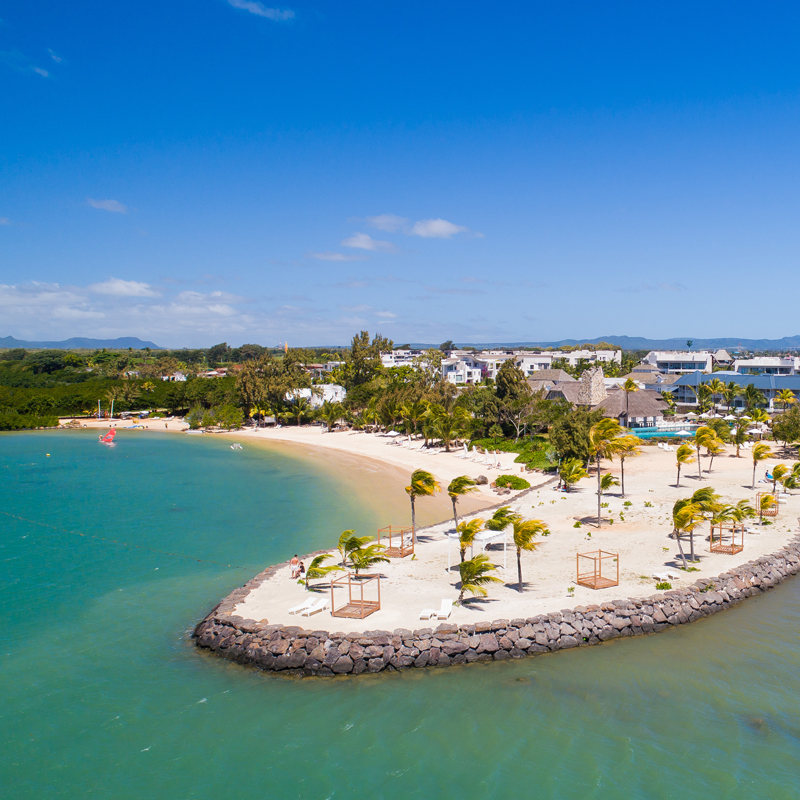BLOG
Mauritius’ booming offshore sector
Mauritius has, for decades, been one of the most desirable getaways for elite travelers seeking breathtaking vistas, world-class resorts and incomparable experiences; what you might not be aware of is that few countries rival Mauritius when it comes to sheer resilience, tax advantages and an offshore sector that is on an impressive upswing.
When the island broke away from British colonialism 50 years ago, its economic prospects seemed bleak, partly because of its smallness, which meant limited activities. The economy remained strongly linked to Europe post 1968, first with sugar, then textiles and tourism. But it didn’t take long for the promising island to capitalize on its more-than-ideal location and time-zone that allow round-the-clock transactions with all major markets. It actually spun its “smallness” into its most valuable asset—its smallness is precisely what allowed it to be more flexible and exploit emerging niches faster than larger nations. Global standards were applied by regulators, trade networks (SADC, COMESA) were established, double-taxation agreements were created and expertise in cross-border finance was developed—Mauritius emerged as an International Financial Centre.
Today, financial services are a strong pillar of the economy, representing 10% of GDP, employing over 13,000 people and encompassing over 20,000 global businesses. It is continuously moving towards creating higher-end value-added services, from traditional banking services to treasury, private banking, investment banking, capital markets and wealth management. Above all, it is synonymous with transparency, good governance and international best practices, having earned its spot on the OECD’s white-list countries.
